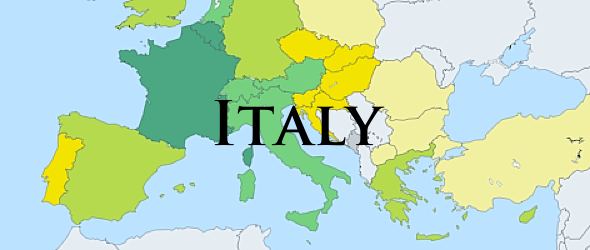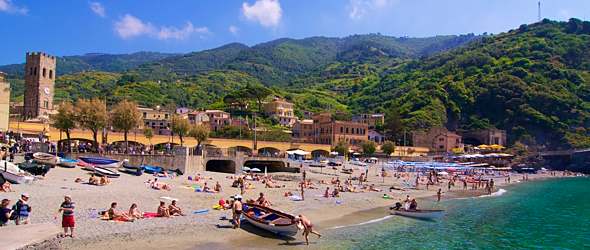This is just a quick post on how laws end up becoming so in Italy, as well as some brief comment on an interesting new law which is being dressed up as a reform.
I’m writing this post in the face of new legislation which is intended, or so its instigators claim, to reform and speed up Italy’s legal system. The acceleration of Italy’s criminal trial system will mean that certain cases will have to be heard within a certain time, or they will simply be dropped. Those accused of complex white collar crimes are likely to benefit from such time limitations, and it is rumoured that the lawyers acting on behalf of a certain Italian prime minister are ensuring that around one thousand witnesses will be called to appear in court. Hearing all these witnesses will ensure that the case concerned will never end on time. Someone will thus avoid prosecution.
Another key, and controversial, aspect of this proposed law is that certain trials in progress will be brought to an abrupt halt.
According to one side – Italy’s Justice Minister, Alfano, the forthcoming reforms will only cause very few criminal cases currently before Italy’s judges to end.
On the other hand, Italy’s judiciary is claiming that ‘hundreds of thousands’ of cases will be filed away, leaving as many people unable to right certain wrongs.
It is not clear why the numbers quoted by both sides differ so widely. Someone may be ‘massaging’ the figures. As already mentioned, a certain Italian prime minister will benefit from the new legislation which is intended to reduce the time it takes to hear criminal cases in Italy’s courts.
Round One to the Government
On the 21 of January, the first attempt to push the short trials law through Italy’s parliament was successful.
The proposal for a new law was introduced in Italy’s upper house, the Senate, and has now been passed to the lower house – the Chamber of Deputies – for either approval, or changes and revisions. If the lower house decide that the text of the new law is fine the way it is, then the law goes to Italy’s President Napolitano for his signature. Hey presto – a new law is born. But.
Italy’s president can send the law back the the house in which it was originally proposed – the Senate in this case. If the Senate does not change anything, the text goes to Italy’s Chamber of Deputies. If the Chamber alters nothing, the text then goes back to Italy’s president -who must then sign the bill in order to turn it into binding law.
Who Can Propose Ideas for New Laws in Italy
In Italy proposals for new laws may be made in the following ways:
1. A citizens petition with 50,000 signatures is presented to either of Italy’s houses.
2. A member of Italy’s Senate makes a proposal for a law.

Stop reading, start speaking
Stop translating in your head and start speaking Italian for real with the only audio course that prompt you to speak.
3. A member of Italy’s House of Deputies suggests a new law.
4. Five Italian regions make a joint proposal for a new law.
5. The committee of National Health and Safety Tribunal requests a new law be introduced.
6. The government in power instigates the creation of new laws or amendments to existing legislation.
For a proposal to be passed from either house to the president for approval, the wording of the new law must be the same. Indeed, both houses must agree on the wording, or else the proposal will bounce back and forth until the wording has been agreed.
The Flow of Law
The ‘flow’ is either:
- House of Deputies – Senate – President – Law
- Senate – House of Deputies – President – Law
The Check Mechanism
With a sound majority, Italy’s parliament can, on paper, push through just about any old law. However, there is an interesting little built in check mechanism. If an Italian judge, any Italian judge, decides that any law goes against the spirit of the Italian constitution, then that judge can call for that law to be reviewed.
If the offending law is found to be unconstitutional, it will be torn up. End of law. This, in part, is what happened to the law which was passed to grant Italy’s Prime Minister immunity from prosecution while in office.
It will be interesting to watch the progress of the new ‘short trial’ law – which is being marketed as a form of reform by Silvio and his supporters, and see whether a judge steps in and calls foul on the grounds of the new law being unconstitutional.
Berlusconi appears to fear the power of Italy’s judges, and would dearly love to clip Italy’s judiciary’s wings.
Sorry, what was meant to be a brief post, grew into something which is not that short.
Further reading:
Corriere Della Sera 21 January 2010: Senate Approves Short Trials Amid Protests – in English





